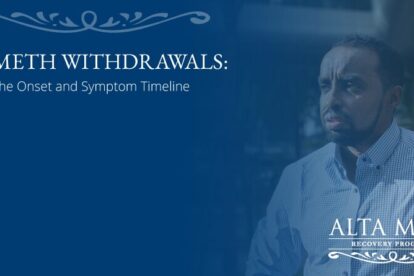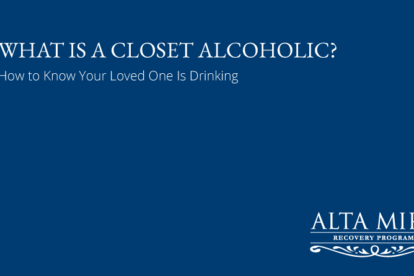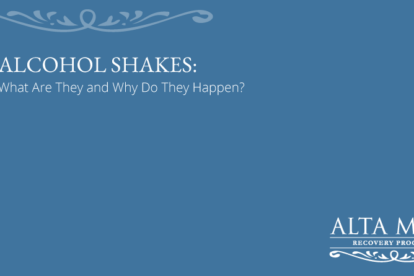
Is Addiction a Disease?
In the past, addiction was often considered a moral failure and a lack of willpower. This way of thinking has mostly changed, especially among medical professionals. Some dissenting viewpoints exist, yet top medical associations now define addiction as a chronic brain disease that requires management. Addiction is a treatable disease, and the shift in the way it is viewed has made treatment more acceptable and available.
Addiction is considered a disease by top medical associations, with guidelines informed by high-level addiction and medical professionals. Both drug addiction and alcoholism are deemed diseases that change the way the brain works and make it difficult to stop using the substance.
Addiction is a chronic disease with symptoms that can return without proper management. Fortunately, treatment can be effective in helping people with addiction manage the disease and lead a healthy, fulfilling life.
Medical Consensus on Addiction
Numerous medical associations classify addiction as a medical disease, specifically as a mental health and behavioral disorder that physically changes the brain.
- The American Society of Addiction Medicine defines addiction as “a primary, chronic disease of brain reward, motivation, memory, and related circuitry.”
- The American Medical Association (AMA) has long classified addiction as a disease.
- Addiction is included in the International Classification of Diseases (ICD) from the World Health Organization (WHO) as a type of mental and behavioral disorder.
- The American Psychiatric Association considers addiction a brain disease.
- The American Psychological Association defines it as “a chronic disorder with biological, psychological, social, and environmental factors influencing its development and maintenance.”
Addiction Diagnosis
According to the National Institute on Drug Abuse (NIDA), addiction “is considered both a complex brain disorder and a mental illness.” It’s the most severe type of substance use disorder, which includes mild, moderate, and severe subclassifications. This diagnosis is often broken down by the type of drug used; for example, the diagnosis becomes “alcohol use disorder” or “opioid use disorder.”
Substance use disorder is diagnosed by mental health professionals with the Diagnostic and Statistical Manual of Mental Disorders (DSM-5). To be diagnosed with addiction (severe substance use disorder), NIDA notes that the person needs to meet at least six of the 11 diagnostic criteria, which include behavioral changes such as:
- Using more of the substance or using it for longer periods of time than intended
- Allocating more time to using and obtaining the drug
- Continuing use even though it has a pattern of causing or worsening problems in the person’s life
The criteria also show that the substance use has affected the person on a physical level. These physical criteria include:
- Substance cravings (strong urges for the substance)
- Tolerance (needing more of the substance to gain the same effect)
- Withdrawal (symptoms that occur from stopping use of the substance)
We're Here to Help. Call Today!
866-922-1350Why Is Addiction a Disease?
While society previously believed that addicted people were capable of stopping substance use at will, the medical field has found that symptoms of addiction make it difficult for the person to control the problem and quit on his or her own. While addiction includes behaviors, these behaviors are created by the disease.
There are numerous traits of addiction that classify it as a chronic disease. For example:
- It has cycles of relapse and remission.
- It leads to ongoing changes to the brain.
- It alters a person’s ability to make decisions, perceive, learn, remember, judge, and control behaviors and impulses.
- It changes thought processes, behaviors, and body functions.
- It changes the brain’s system of reward.
- It is affected by genes.
- It progresses when left untreated.
- It can ultimately lead to disability or an early death.
Is Addiction Treatable?
Treatment can manage addiction and bring people into recovery. Effective addiction treatment tends to include a combination of behavioral therapy and medication. Treatment should also be personalized to fit each individual’s needs.
Addicted people often need comprehensive treatment that focuses on the different ways addiction affects their lives, including:
- Dependence
- Behavioral changes
- Consequences to their family, job, and other aspects of life
Effective treatment should also include any co-occurring mental health disorders that are present.
Residential treatment helps many people because it includes different forms of treatment within one comprehensive, holistic program. Also, by staying onsite in an inpatient setting, the person can recover in a sober environment that is free of everyday temptations and triggers.
Viewpoints on addiction shifted from the notion of addiction as a moral failure or lack of willpower to the idea that addiction is a disease people don’t have full control over and for which they need medical treatment. This shift in viewpoint has made treatment more acceptable and accessible for those with an addiction.






